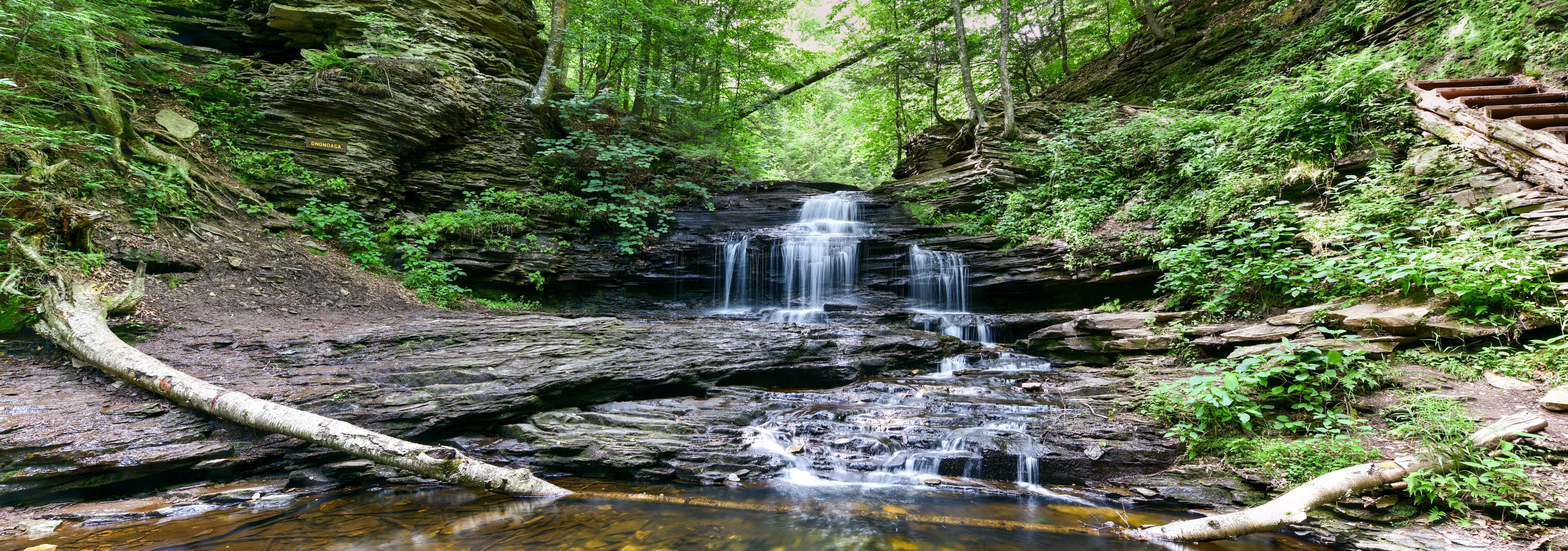Menu
Log in

|
Copyright 2021 All Rights Reserved | Pennsylvania Council of Professional Geologists Camp Hill, Pennsylvania 17011 (717) 730-9745 |

|
Copyright 2021 All Rights Reserved | Pennsylvania Council of Professional Geologists Camp Hill, Pennsylvania 17011 (717) 730-9745 |
